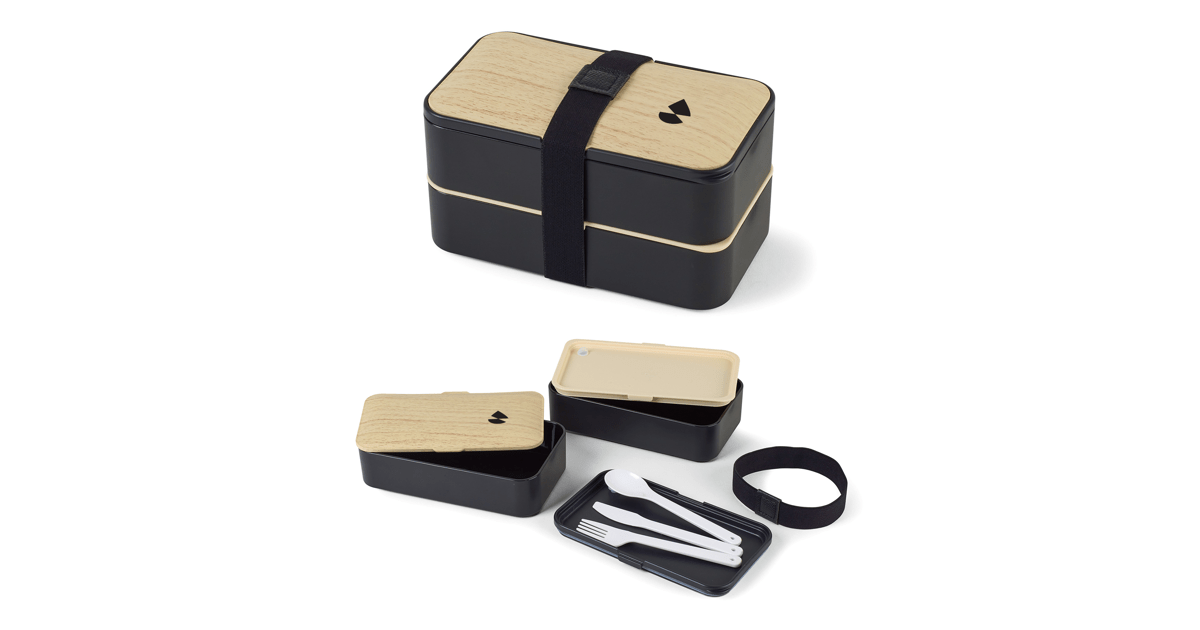The ROI of Corporate Gift Giving: Is it Worth it?
 Corporate gift giving has become a common practice for businesses looking to enhance their relationships with clients, partners, and employees. It's a way to show appreciation and strengthen connections. But is it actually worth the investment? In this blog post, we will explore the (ROI) of corporate gift giving and whether it brings tangible benefits to businesses.
Corporate gift giving has become a common practice for businesses looking to enhance their relationships with clients, partners, and employees. It's a way to show appreciation and strengthen connections. But is it actually worth the investment? In this blog post, we will explore the (ROI) of corporate gift giving and whether it brings tangible benefits to businesses.
The Impact of Corporate Gifting on Client Relations
One of the primary reasons why businesses engage in gift giving is to cultivate and maintain relationships with clients. A well-thought-out gift can leave a lasting impression and foster loyalty.
For example, imagine a client receiving a high-quality branded gift from your company. Every use gift, they will be of your brand the positive experience they with your. This can lead to increased brand recognition, repeat business, and referrals.
In fact, studies have shown that gifts have a significant impact on client retention rates. According to a survey conducted Apex Gifts and Prints, businesses that regularly give gifts to their clients have higher client retention rates to those who do not. and appreciating their contributions, businesses can foster stronger connections and collaboration.
Consider the scenario where you send a thoughtful gift to a key partner to celebrate a successful project. This gesture not only shows gratitude but also reinforces the partnership and encourages future collaborations. It can create a sense of goodwill and mutual support, leading to a more productive and long-lasting business relationship.
Boosting Employee Morale and Engagement
Corporate gift giving can also have a positive impact on employees. By recognizing their hard work and dedication, can boost morale and increase employee engagement. This, in turn, can lead to improved productivity job satisfaction.
For instance, providing employees with personalized gifts during holidays or company milestones can make them feel valued and appreciated. It creates a work environment where employees are motivated to go above and beyond.
Me the ROI of Corporate Gift Giving
When it comes to measuring the ROI of corporate gift giving, it can be challenging to quantify the direct impact. However, there are indirect metrics that can be used to evaluate the effectiveness of your gift-giving strategy.
Some of these metrics include client retention rates, repeat business, referral rates, partner satisfaction surveys, employee satisfaction surveys, and productivity measurements. By tracking these metrics, you can determine the success and effectiveness of your gift-giving initiatives.
Conclusion

In conclusion, corporate gift giving can have a positive impact on businesses, both internally and externally. strengthen client relationships, foster partner collaborations, and boost employee morale. While it may be difficult to measure the direct ROI, the intangible benefits are clear.
, when consider corporate gift giving, think about the long-term benefits it can bring to your business. Take the time to choose gifts that are personalized, valuable, and reflect your brand identity. With a thoughtful approach, the ROI of corporate gift giving will undoubtedly be worth it.
Q: Can I write off corporate gifts as a tax deduction?
A: In many cases, corporate gifts are tax-deductible as business expenses. Consult with a tax professional for specific guidelines in your region.
Q: Are there restrictions on the value of corporate gifts to employees?
A: Some countries have limits on the value of gifts that can be given to employees without tax implications. Check local regulations to ensure compliance.
Q: What's the difference between corporate gifts and corporate incentives or rewards?
A: Corporate gifts are typically tokens of appreciation, while incentives or rewards are given in exchange for achieving specific goals or milestones, such as performance bonuses or sales commissions.
Q: How can businesses ensure corporate gifts are well-received?
A: Focus on quality, relevance, and the interests of the recipient. Conduct surveys or gather feedback to understand preferences.

